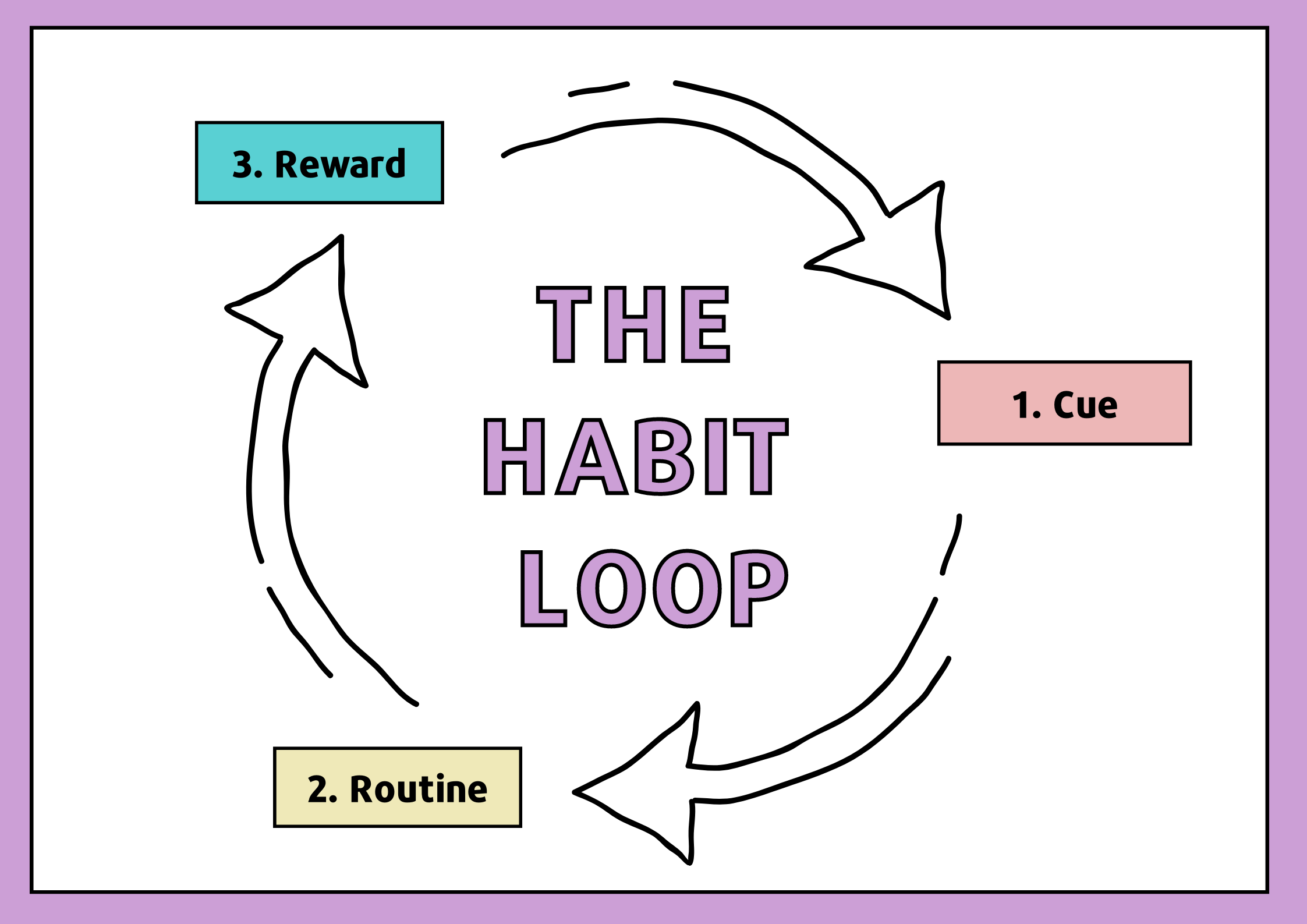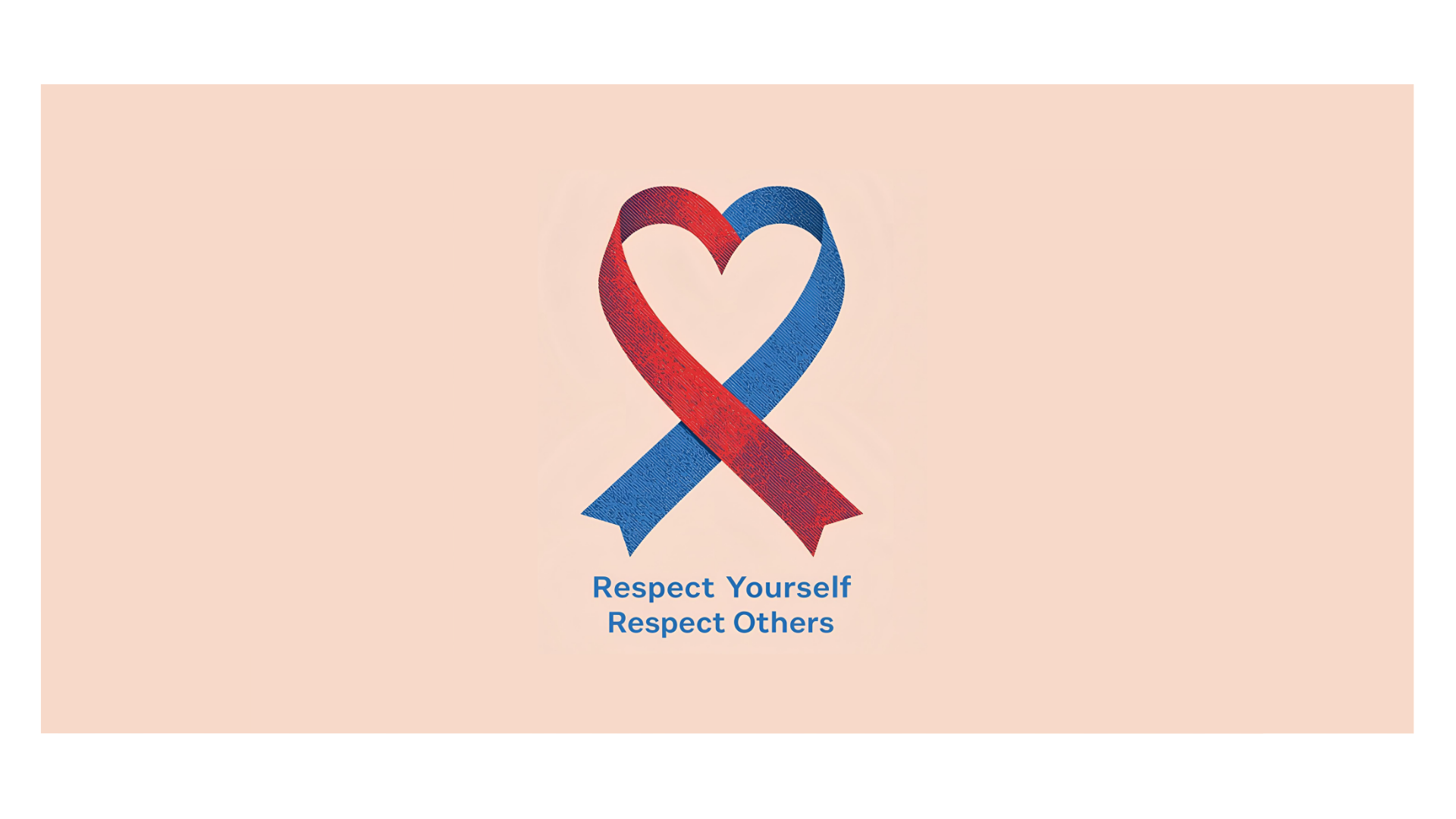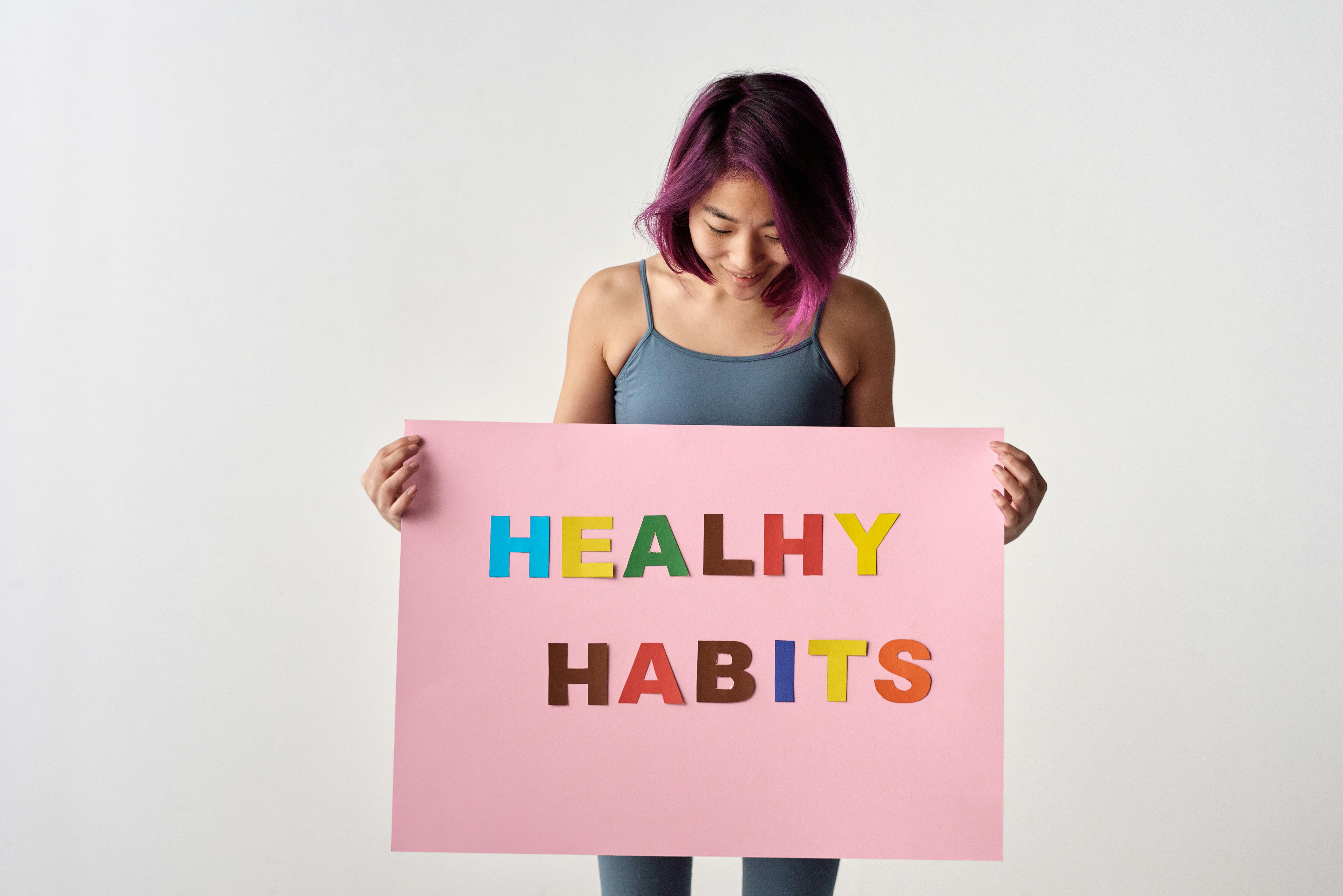What is a Habit?
A habit is a learned behavior that over time, and through repetition, becomes an unconscious behavior.
Healthy and unhealthy behaviors alike are learned, repeated, and become part of our routines. It is up to us to recognize our habits, and work on molding them into productive/beneficial habits.

The Importance of Building Healthy Habits Early On
The earlier you start (and commit) to a habit, the sooner it will become engrained into your routine. Building healthy habits early on (i.e. a good sleep schedule) can save you a lot of frustration later in life.
Building a routine can help people manage and regulate their emotions. Building a healthy habit such as working out at a certain time can regulate daily stressors in life and provide a productive outlet to release emotion.
Forming any new habit can be a struggle. It can take about 66 days to create pathways in your brain that allow for the unconscious, learned behavior. Once this is managed, it is significantly less mental load to perform a habit, rather than a new task. Meaning that something that maybe once did not come naturally to you (i.e. waking up early or going to the gym) will eventually become second nature.
Healthy behaviors can support adolescent health and growth, while unhealthy behaviors can lead to issues further down the line that now may be harder to fix. This lends to the opinion that the younger you can form a healthy habit, the better.
How to Build a Habit
There are a few steps to aid people looking to form a new habit.
- Identify your goal. Are you looking to work out more? Drink more water? Eat better foods? Go to bed earlier?
- Choose a simple action that you can perform every day that will get you closer to achieving this goal. Set yourself up for success by removing any obstacles. This could include keeping a change of gym clothes on you, using a water bottle that tracks intake, and choosing a few healthier, easy food options when at the store. The key is to make it easy for you to complete the task.
- Plan exactly when and where you will complete the task. “After I have dinner, I will stretch for 15 minutes”
- Follow through on the task. Keeping a habit journal or tracker can be helpful to visualize progress.
- Repeat, repeat, repeat. After a few weeks or months, your brain will start to seek out this behavior at the time and place you have performed it at. You can always set more complex goals and behaviors, but starting off small and following through can be helpful to build up the behavior.

How to Support Teens in Building These Habits
You can support your children in building healthy habits in a few ways:
- Leading by example
- Involving them in the creation of new routines
- Finding activities that they enjoy (either as a workout or a reward for another task)
- Establishing a sleep schedule or routine
- Have open conversations about risky behavior (preventing unhealthy habits can be just as important as forming new, healthy ones)
Healthy Habits to Develop
- Good sleep habits
- Academic habits (preventing procrastination)
- Fitness/stress relief
- Nutritional habits
- Technology habits (limiting screentime)

Habits to Avoid/Recognize
- Toxic habits (emotional regulation, spiraling)
- Nutritional (too much/too little sugar, fats, calories)
- Overconsumption of alcohol
- Smoking
- Procrastination
Resources:
Toward a new conception of habit and self-control in adolescent maturation - PMC
5 Good Habits for Teenagers & How to Develop Them
Healthy Behavior | HHS Office of Population Affairs
Making health habitual: the psychology of ‘habit-formation’ and general practice - PMC




